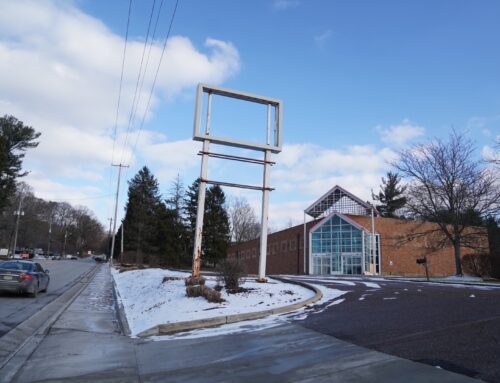More taxpayer money for lawyers as medical cannabis debacle rolls on
June 6, 2025
The medical cannabis debacle continues.
In a theme that has become way too common, a representative from the Alabama Medical Cannabis Commission was before the Alabama Legislature’s Contract Review Committee on Thursday asking for more money to pay lawyers.
So far, the attorneys are the only ones to benefit from the legislature’s decision in 2021 to pass medical cannabis legislation. Going on five years later, we have yet to provide a single patient with actual cannabis.
But we’ve provided a bunch of attorneys with millions in taxpayer dollars.
All to litigate a process that those same lawyers screwed up.
Quite a gig, no? Getting paid to defend the process you clearly botched, while simultaneously refusing to completely fix the botch so you continue to get paid.
On Thursday, it was an additional $400,000 for the Webster, Henry, Cohan, Speagle, DeShazo & Bankston, PC firm. That’s the firm where William Webster is a partner – the same Webster who helped craft the debacle of a licensing process that has left the Commission mired in legal fights. The same Webster who is part of a legal team at AMCC that has raked in millions in fees.
But at least some seem to be finally catching on.
“Isn’t that the same lawyer that’s been advising y’all for years?” asked Republican Rep. Chris Pringle. “I’ve said this before … I think you’ve got a group of people who are keeping you tied up in litigation because they’re making money off of this.”
What? That just can’t be, can it?
Well, let’s look at the history here.
Instead of adhering to the state’s typical process of awarding licenses when multiple qualified candidates are vying for a limited number of licenses – a process that is laid out quite clearly in the Alabama Administrative Procedures Act – the AMCC adopted a process that was, to put it mildly, really weird.
That process utilized subjective grading carried out by people who may or may not have known anything about medical cannabis, but who most certainly offered wildly different grades in the same categories for the same companies. It also failed to establish an appeals process that was required under the AAPA, and the whole process seemed to favor (ahem) certain companies over others.
It was clearly a mess, and even the AMCC admitted it. And then promised to fix it.
Except it didn’t. Instead, it offered another process that didn’t adhere to the AAPA and also utilized those subjective grades that the AMCC admitted were flawed. It was a process that anyone could see would lead to more legal challenges.
And, surprise, that’s exactly what happened.
At this point, we’re more than four years into litigation over this and there is absolutely no end in sight. A few weeks ago, the Alabama Civil Appeals Court issued a ruling that finally stated clearly that the AMCC must follow the process laid out in the AAPA, and the Commission agreed that it would do so.
Will it? I’d certainly bet against that given the history. After all, if you were making a smooth six figures to keep this charade going, would you fix it properly and end that gravy train?
The real question is why won’t the legislature fix it?
It’s pretty clear at this point that lawmakers recognize there’s a serious, serious problem. In addition to Pringle very openly implying that some of the Commission’s attorneys are keeping the process going in order to make money, Sen. Tim Melson, who sponsored the legislation that legalized medical cannabis, stated flatly during a committee hearing a couple of months ago that the AMCC hasn’t followed the laws.
Other lawmakers have been openly critical of the Commission and its repeated refusal to adhere to obvious state law.
But all of them have stopped short of adopting new legislation that would force the Commission’s hand, or simply expand the number of licenses to the point that the lawsuits are pointless.
This can’t continue, though. You can’t, as a lawmaker, on one hand openly allege what amounts to fraud and then on the other fork over another $400,000 wad of taxpayer cash to those responsible.
That doesn’t make sense. But then, not much of this has.
Search
RECENT PRESS RELEASES
Related Post


